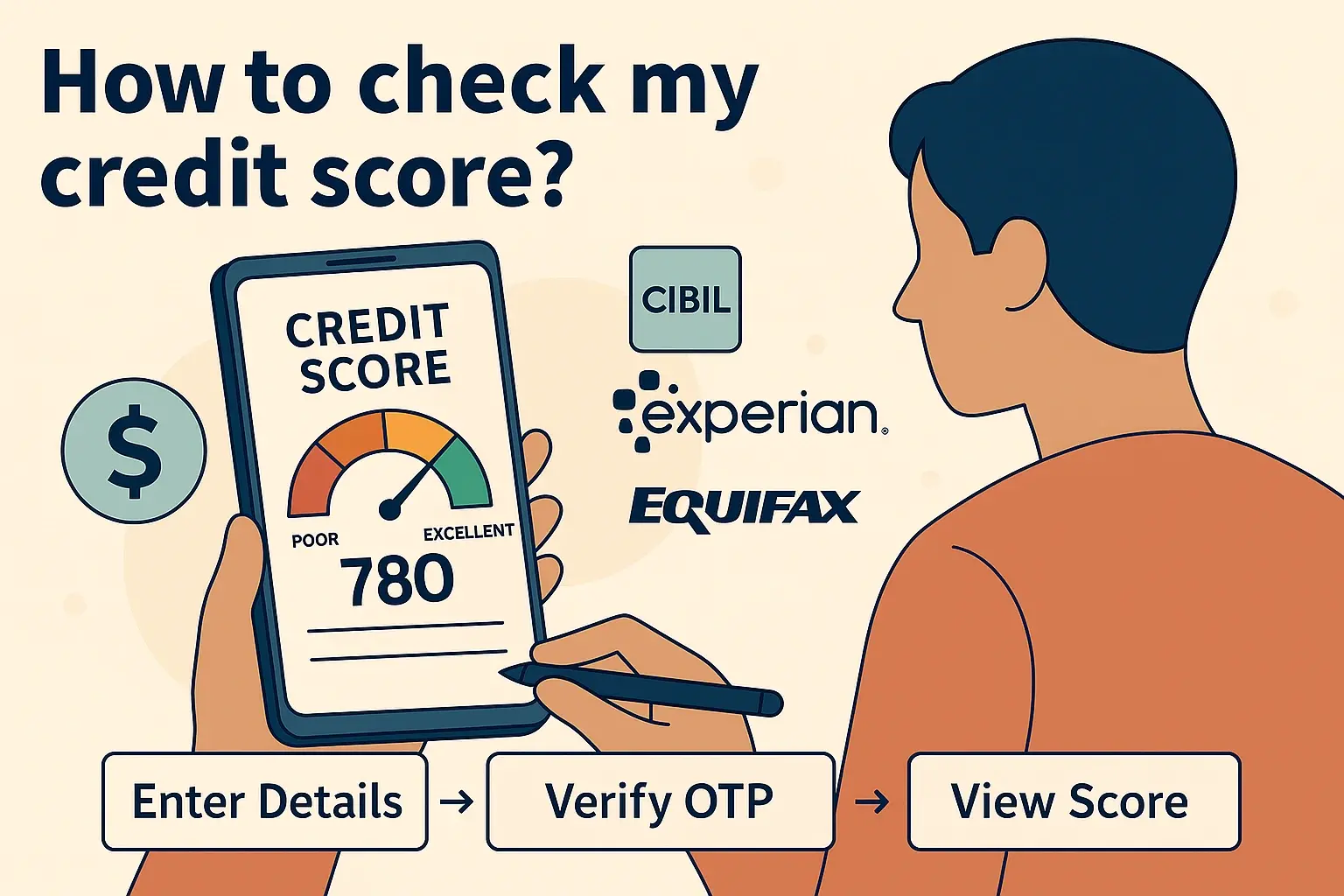Does Opening A Bank Account Affect Credit Score?
How Does Opening A Bank Account Affect Your Credit Rating?
When one opens a bank account, he/she may sometimes doubt if this will affect his/ their credit score in any way. The short answer is that as long as you are just creating a regular checking or savings account, it will not impact your credit either positively or negatively. However, there are some important things to consider.
How do Credit Scores work?
To begin with, one should know how the score, which is at the center of the whole process, is calculated. The most popular credit scores are FICO Scores, which may vary from 300 to 850. Consumers with higher numbers, which imply lower scores, have less credit risk associated with them to the lenders. FICO Scores are calculated based on the following categories.
- 35% of the score is your payment history—that is, whether or not you pay your payments on time. Neglecting timely payments could lower your credit score.
- Amounts owing: The smallest ratio between the total of all your revolving credit accounts and the amount you are now allowed to borrow overall. Your score will also suffer from any amount above the limit or one high relative to your credit limit.
- Fifteen percent is your credit history length—that is, the period you have had access to credit. Your score would be more suited to a longer history.
- Ten percent of new credit: How many new credit accounts have you opened throughout the past year? Furthermore, it is crucial to consider the possibility of having too many new accounts, lowering your credit score.
- Credit mix (10%): Whether you have dealt with loans and credit cards, among other forms of credit. Variety raises your score.
As you can observe, the creation of a new checking or savings account is not directly considered in this credit score computation. However, it is also important because some types of bank accounts can impact credit.
Types of Bank Accounts That Do Not Reflect on Credit Rating
Applying for a checking or savings account in a bank or credit union does not entail a credit check or reporting to the credit bureaus. These standard bank accounts are not reflected in credit reports, so having one will not have any impact on credit scores. Examples include:
- Standard checking accounts
- Basic savings accounts
- Most of the student banking accounts
- Almost all checking accounts without overdraft protection
Thus, as a rule, you do not have to worry about your credit when opening basic, no-gimmick deposit accounts like these. As long as you do not overdraw them and get stabbed with an insufficient fund fee that leads to the account’s shut down, then they are normally not credit score determinants.
Other Types of Bank Accounts That May Have An Impact On Credit
On the other hand, some specific types of bank accounts do have the potential to influence your credit score in certain situations.
Secured Credit Cards
Secured credit cards are the types of credit cards that require you to put down a cash deposit that is held by the credit card company. The amount deposited is normally the credit limit you get upon signing up for a particular betting company. That is why secured cards are useful for people with poor or no credit history: they can use the card responsibly and have their scores rebuilt.
Applying for a secured card also involves a hard inquiry towards your credit report, similar to the unsecured type. This is normally brought by several inquiries in a short time, which for a while can cause a few points to be deducted. However, a secured card can provide the long-term benefit of establishing a record of timely payments with the credit bureau.
Prepaid Cards
Prepaid debit cards enable one to deposit cash and spend it without having a bank account or even a credit check. While some companies use prepaid cards, only some of the accounts are reported to the credit bureaus. Only those that allow you to move to a basic or classic unsecured credit card over time, depending on your activity, will impact your credit history and score.
Overdraft Lines of Credit
Most banks offer overdraft protection plans that link your checking account with another account or credit line that can transfer money whenever necessary for transactions. Overdraft credit facilities involve credit checks, which lead to an inquiry on your credit report when opened. The use of the credit line also increases revolving credit usage since the credit line is a type of revolving credit.
Joint Bank Accounts
If you decide to share a checking or savings account with someone else, it will not reflect your credit score. However, your joint account holder’s behavior may affect your credit standing for the worse if overdrafts or fraudulent activities occur. However, the credit record of the other person is not taken into consideration when one is opening a simple joint account.
The Bottom Line
It is important to note that in most instances, the mere opening of a checking or savings account does not impact your credit in any way as long as you are not involved in any overdraft or fraudulent activities. The nature of the account, the features of the account, and how you manage the account are the things that determine whether the account is reported or not. Thus, the best way of protecting oneself from negative information reporting is to ensure that one does not engage in misuse that results in account closure.
This means that once you have the right information, you can approach any new banking product without hesitation in your credit history. With this in mind, it is clear that it will not probably influence the current scores, hence something less to be concerned about as you work towards being responsible in handling the accounts in the future.
Ready to boost your credit score? Call +1 888-804-0104 now for the best credit repair services near you! Our expert team is here to help you achieve financial freedom and improve your credit. Don't wait—get started today!



